1. Make sure your computer firewall is always turned on and your operating system, applications, and antivirus software are updated regularly.
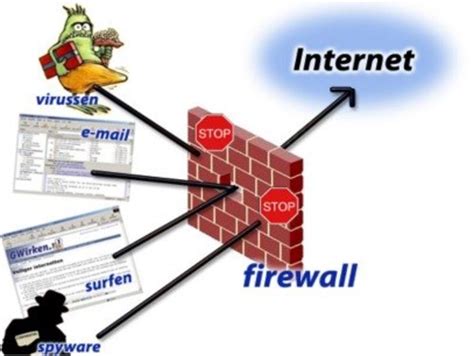
2. Regularly backup your files and store the copies safely.
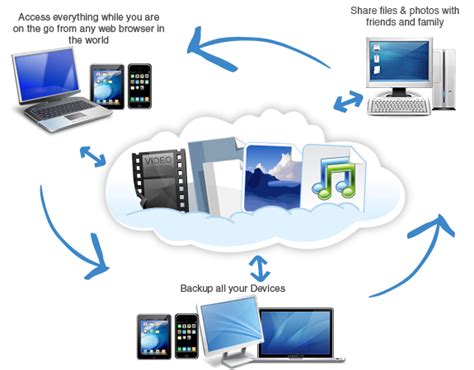
3. Use common sense. Do not be quick to trust the information on the Internet.
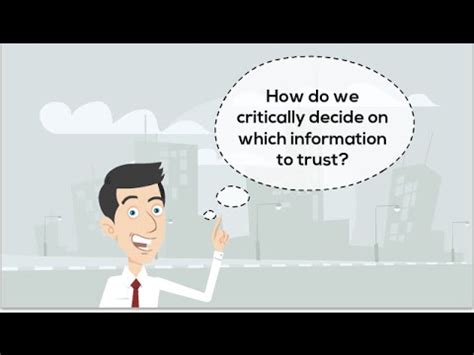
4. Do not be greedy. Beware of “free” offers or Web sites that sell products at extremely low prices. It could be phishing bait.

5. Beware of unsolicited e-mails or instant messages, especially if they contain links or ask for personal information, such as verification of a password.
6. Choose passwords that are difficult for others to guess. Change your Internet passwords periodically, and do not use the same password for different accounts.
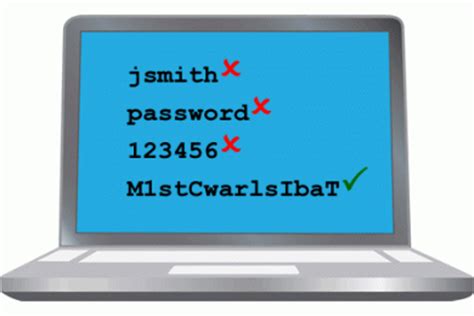
7. Provide your credit card or banking information only to reputable and secure Web sites.
8. Make sure you type Web addresses accurately, especially for financial institutions.

One spelling mistake might redirect you to a fraudulent Web site.
9. Use encrypted connections to transmit sensitive data, such as credit card details and log off the Web site when you have finished
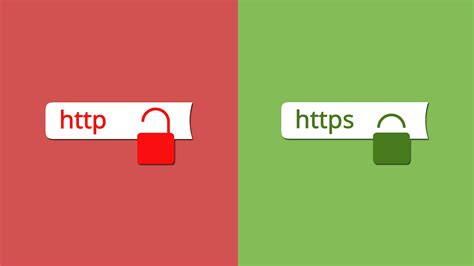
10. Review transactions on your credit card and bank statements carefully and frequently. As soon as you spot an unfamiliar transaction, contact the company immediately.
11. Be careful when using unsecured wireless (Wi-Fi) connections,

as thieves can steal information and redirect you to fraudulent Web sites.
12. Say no to the question “Remember this password?” Trojan programs can harvest your stored passwords.

A Reminder Of Some Attack Vectors…..
Phishing e-mail: E-mail that coaxes the recipient to supply his password, credit card numbers, or bank account information to an authentic-looking but fake Web site.
Spy software: A program that records your computer activity.
Trojan horse: A program designed to breach the security of a computer system while seemingly performing some harmless function.
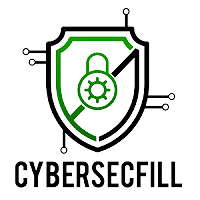

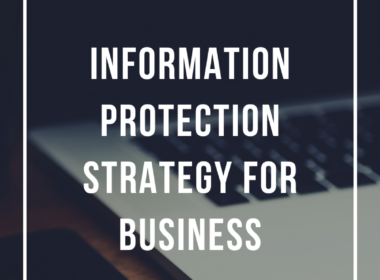
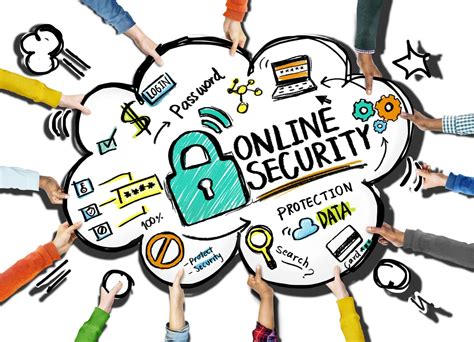
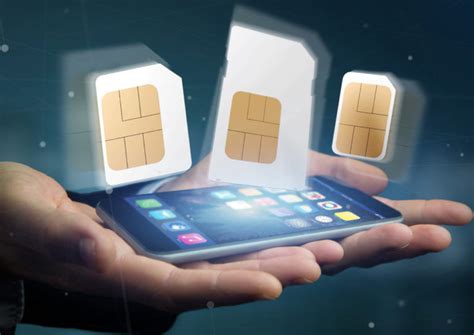
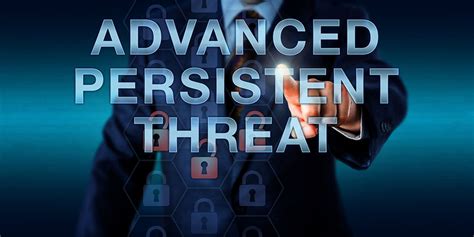


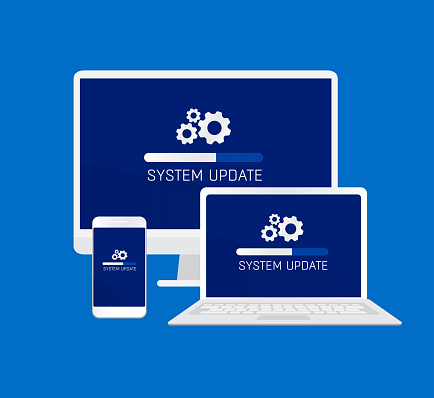

Very important information. Thank you !!
Thank you for reading and leaving a comment. I am glad you found this informative. Thank you Nanya.
Great piece of information.
Thank you!
I am glad this was informative. Thank you so much.